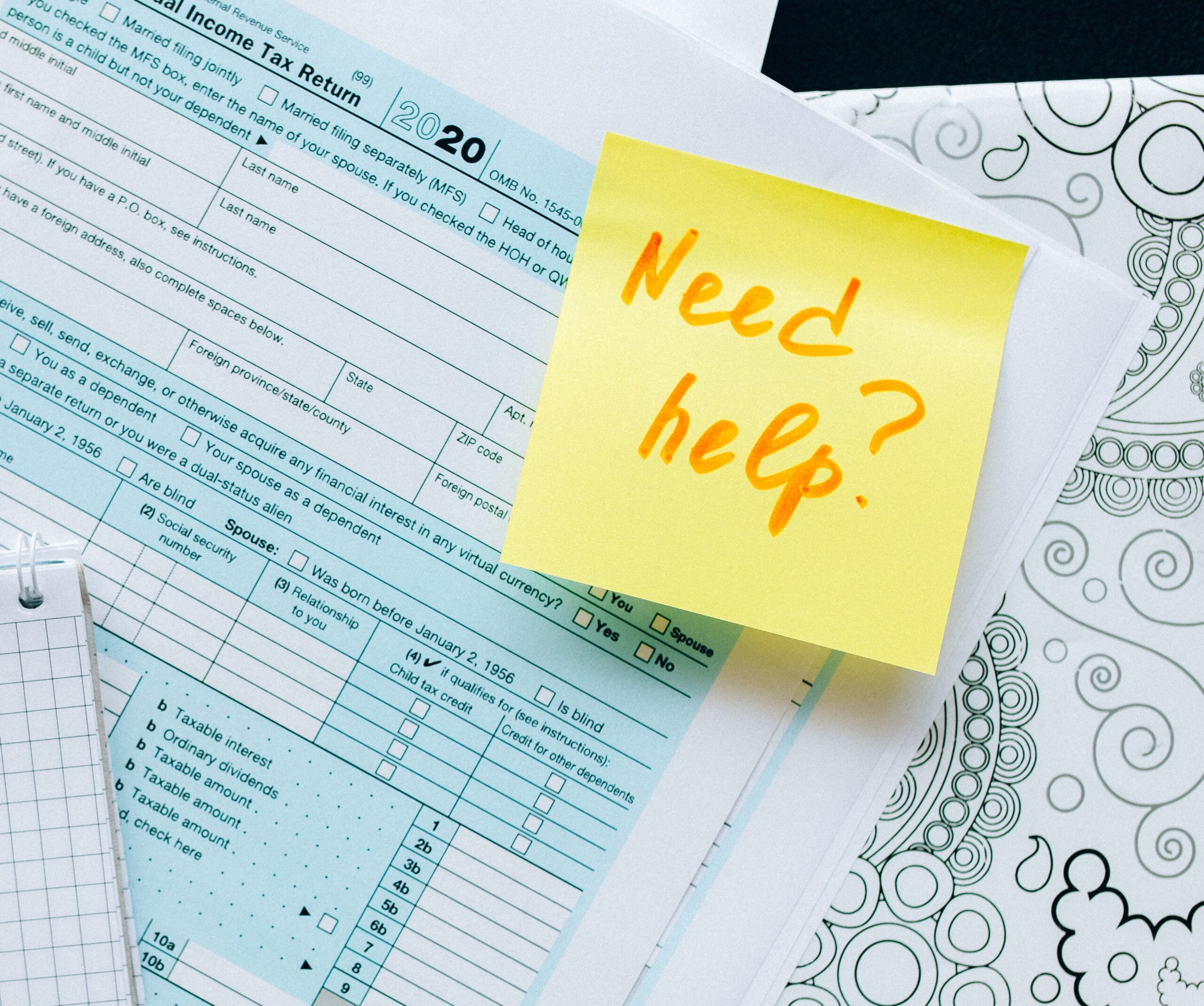
Do You Owe Georgia Unpaid State Tax?
Every individual is responsible for meeting their state tax obligations. State taxes support essential services and infrastructure. Unfortunately, not every taxpayer files and pays state tax timely. A taxpayer may find themselves in a predicament when they have unpaid state tax but have limited knowledge on how to resolve the situation.
Possible Consequences of Unpaid State Tax:
- Additional tax penalty and interest. The taxpayer may accrue additional state tax penalties and interest, which will lead to more burdensome liabilities.
- Tax liens. Georgia Department of Revenue (GA DOR) has the authority to place tax liens against the taxpayer. This may affect the taxpayer’s ability to obtain future loans.
- Wage Garnishments. The taxpayer may be subject to wage garnishments. When this happens, Georgia may deduct a portion of the taxpayer’s wages and apply it to the outstanding tax delinquency.
- Possible legal action. In some extreme cases, the Georgia Department of Revenue may seek criminal legal action. This is typically due to tax evasion and/or fraud.
Factors that contribute to incurring state tax liability:
- Hardships: The taxpayer may have experienced job loss or medical issues, and was unable to pay tax obligations. Dealing with unexpected life issues may lead to many unforeseen financial issues, including tax problems.
- If the IRS made changes to the taxpayer’s return that resulted in an additional assessment of tax, the state may decide to adjust the state return as well.
- The taxpayer may not be aware of filing and/or withholding requirements for any additional states other than their home state. State filing and withholding requirements can vary from state to state. This can depend on residency and income rules.
- Issues with correct state tax withholding and/or estimated tax payments. In some instances, the taxpayer’s employer may not have withheld enough to cover in state tax from the employee’s wages. If the taxpayer is self-employed or has other tax reasons for making estimated tax payments, they may have neglected to pay enough or any estimated tax during the tax year. Failure to either withhold or pay estimated tax may result in a hefty tax liability at the end of the year.
- Lack of comprehension of tax laws. Taxpayers may have little to no understanding of their tax obligations or laws that support them. There are many specific tax laws that govern the taxpayer’s responsibilities for filing and payment. These laws and the guidance on these laws are modified often. Therefore, it is beneficial if the taxpayer remains up-to-date with these changes or hires a tax professional to review their tax situation for compliance.
Steps to assist with Tax Compliance
Contact with the Georgia Department of Revenue is important. The taxpayer should either reach out directly or have a tax professional assist with communicating with the GA DOR. The taxpayer may be able to explore options to resolve their unpaid state tax liability. Some of these options may include:
-
- Payment plans
- Settlement options
- Penalty waivers
- Determining state filing and payment requirements
There are many reasons why a taxpayer might fall behind on their state tax obligations. The taxpayer can benefit from addressing the reason they incurred the liability, acknowledging what can happen when the liability is not handled correctly and understanding the options available to resolve it. The taxpayer may not know how to begin to tackle their unpaid state tax issues, however, working with a tax professional may help with determining how to start the process.
Author
-

Tabitha joined Hoffman & Associates as a Tax Accountant in May 2023. Prior to joining our tax team, she worked at The Gartzman Law Firm, P.C. in Atlanta for 13 years. As an Enrolled Agent, Tabitha assists clients with case resolution, including negotiations and representation before the IRS and state tax authorities.
View all posts
Recent Posts
How Urgent is 2025 Exemption Gifting?
Paying Your Taxes Safely: Leveraging IRS Direct Pay to Mitigate Fraud Risks
Did you Contribute to a Syndicated Conservation Easement?
All Categories
Get a Free Consultation
Call us today to discuss your issue.



